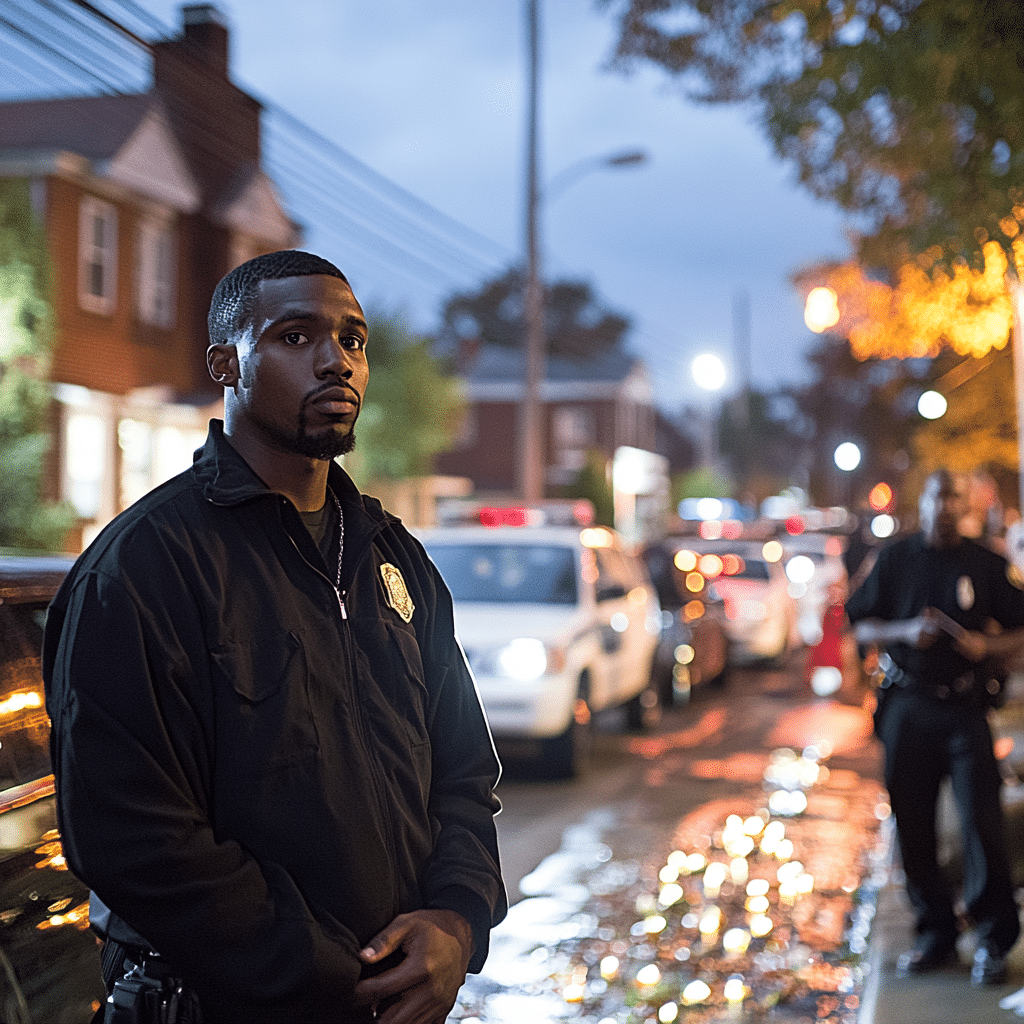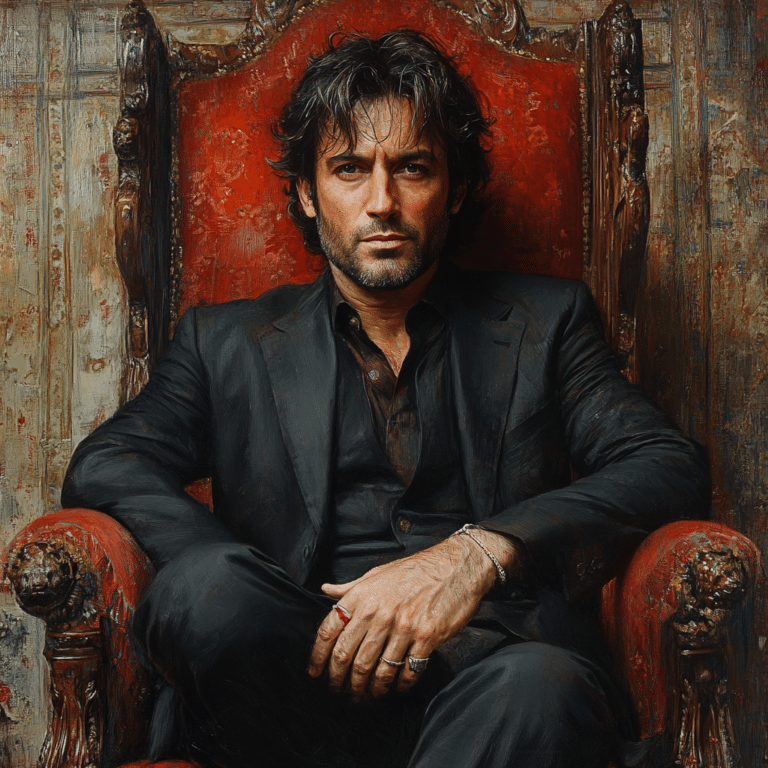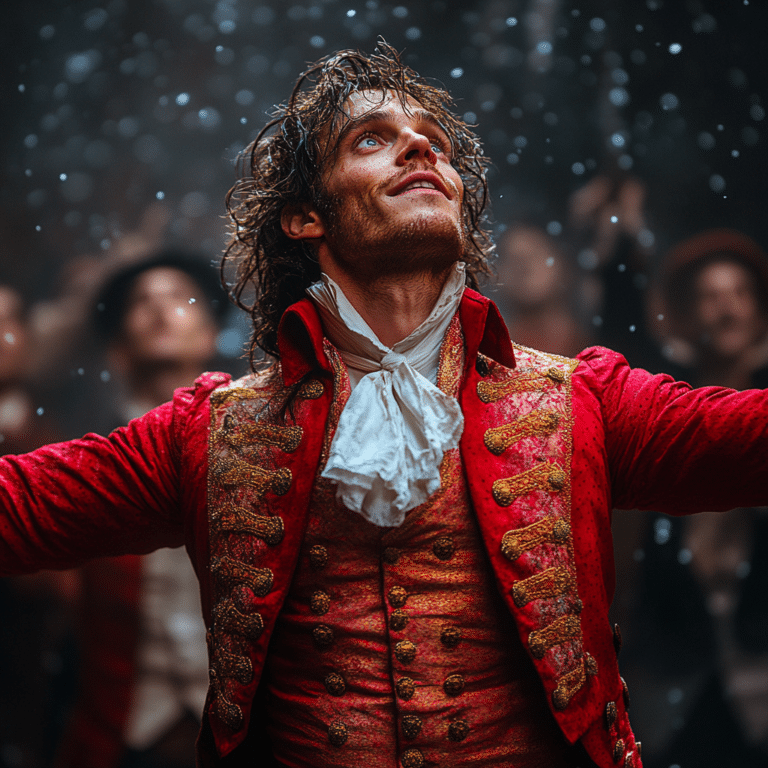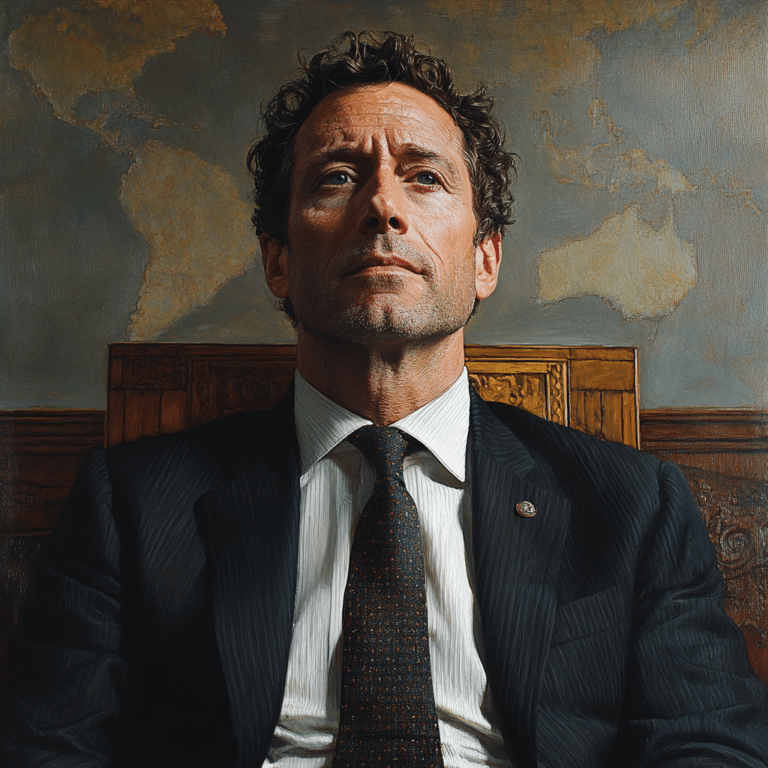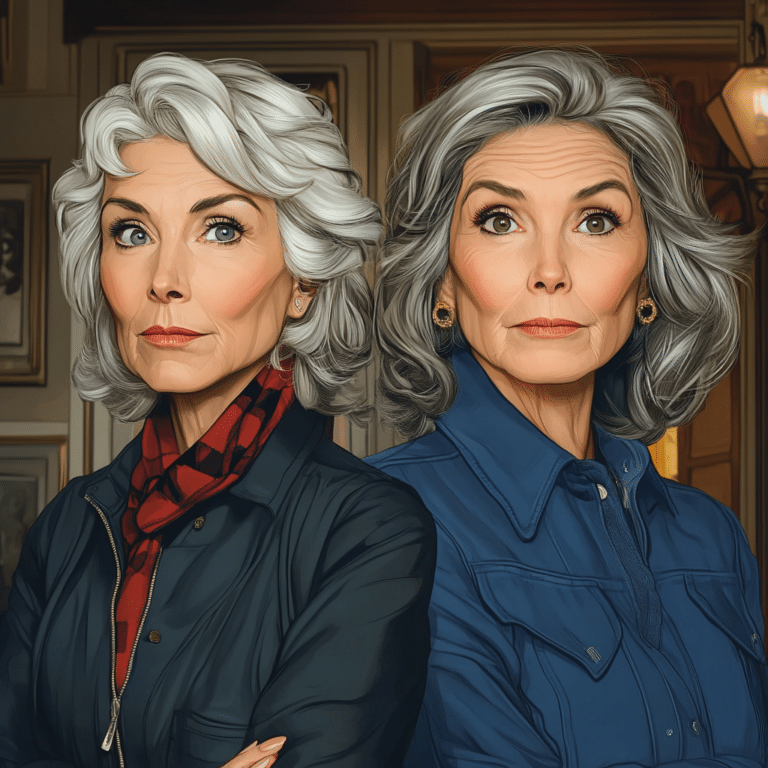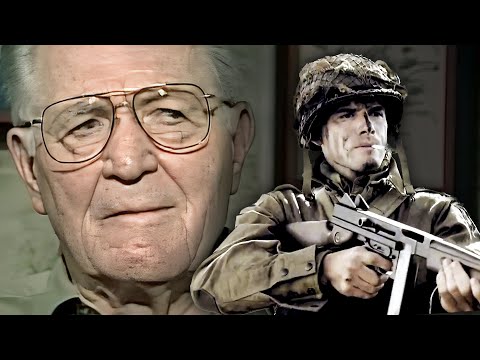
The Legacy of Dick Winters in Military Leadership
Dick Winters is a name that echoes through the annals of history, especially for those interested in military leadership during World War II. As the commanding officer of Easy Company, Winters didn’t just guide his men through the rigors of battle; he became a paragon of what it means to be a leader. His journey from the tranquil countryside of Pennsylvania to the chaos of Europe is a testament to the power of inspiration and respect.
So, what does it mean to embody heroic leadership in times of great turmoil? Winters’ ability to rally his troops during harrowing campaigns like D-Day and Operation Market Garden set him apart. He faced danger shoulder to shoulder with his men, leading by example during some of the war’s most pivotal moments. The man had a knack for navigating leadership challenges while keeping morale high. It’s no wonder people still look to Dick Winters for guidance today!
One of the most critical attributes of Winters was his inherent understanding of human nature. He recognized that behind every soldier was a person with their own fears and aspirations. This insight proved invaluable as he inspired loyalty and determination in his men. His legacy isn’t merely filled with tales of valor; it’s filled with lessons about leadership that continue to resonate even in contemporary settings.

Top 5 Leadership Qualities That Define Dick Winters
At the core of Dick Winters’ leadership was his unwavering integrity. He was the real deal, the kind of guy who said what he meant and meant what he said. This honesty fostered trust, a critical component during high-stakes moments. The soldiers under his command respected him for it—after all, nobody follows a leader they don’t trust!
Critical moments in battle can produce paralyzing fear and indecisiveness. Winters showed just the opposite. Take the assault on Utah Beach, for example. He made snap decisions that saved lives and drove their mission forward, capturing the essence of leadership that HBO’s Band of Brothers brought to life. You can almost hear the collective sigh of relief from his men when he took charge amidst the chaos. Talk about a guy you want in your corner!
Winters wasn’t just a commander; he was a people person. He took the time to understand the concerns of his men. This genuine empathy cultivated an atmosphere where soldiers felt valued and connected. And let’s be honest—nothing beats the camaraderie of a unit that operates like a well-oiled machine. You can almost picture them, united in spirit and purpose, as they faced danger together.
More than just battlefield tactics, Winters had the big picture in mind. During operations like the Breaching of the Eagle’s Nest, he anticipated enemy movements and understood the broader implications of decisions. His foresight empowered his men, allowing them to succeed where others might have faltered. With Winters calling the shots, it was truly like having a chess master on the battlefield.
The fluid nature of war demands flexibility, and Winters embodied that. His use of small-unit tactics was revolutionary, allowing his company to tackle difficult situations effectively. This adeptness at planning and executing operations, even as conditions changed, turned the tide in many of his missions. Imagine a leader who could pivot on a dime—now that’s a strategist you’d want to follow!
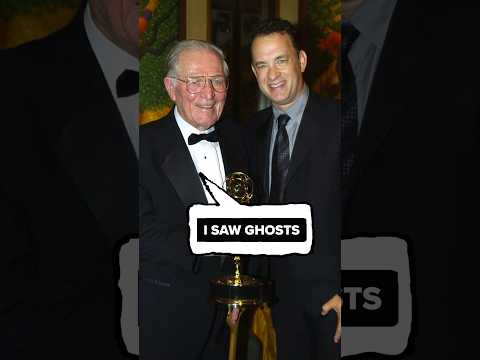
The Impact of Dick Winters on Modern Military Training
Dick Winters’ teachings are still influential in modern military training across the globe. Institutions like the United States Military Academy at West Point have adopted his principles, urging recruits to foster integrity and teamwork. You’d be hard-pressed to find a leadership course that doesn’t cite Winters as a model. His story has become a blueprint for quality leadership in the armed forces.
Among the most impactful practices he pioneered was the concept of after-action reviews. Winters understood the value of assessing performance to identify lessons learned. This focus on reflection ensures that military leaders are equipped to handle the unpredictability of modern warfare. Talk about a way to keep folks on their toes!
Winters’ reputation didn’t just grow among his peers; it set the groundwork for the reverence that today’s leaders hold for ethical and strategic training. With each class of new recruits, the spirit of Dick Winters lives on, proving that strong leadership principles transcend mere combat experiences.

Reflecting on the Enduring Spirit of Dick Winters
The legacy of Dick Winters doesn’t stop after the final battle; it resonates in civilian life and leadership principles everywhere. His life offers a wealth of insights regarding moral strength, empathy, and strategic foresight. As we face unprecedented challenges today—whether in business or navigating social issues—his example urges us to return to foundational leadership principles that prioritize ethical behavior and adaptability.
When reflecting on Dick Winters, it’s vital to acknowledge that heroism extends beyond battlefield accolades. It’s about nurturing courage and integrity among those you lead. His influence encourages leaders from all backgrounds to promote teamwork and loyalty.
So, what do we take away from the life of Dick Winters? It’s an essential reminder that true leadership shines in the face of adversity. His incredibly robust legacy continues to inspire not just military leaders but every one of us. After all, embodying his values means that we can create a positive impact, no matter our profession in society. As we honor the contributions of Dick Winters, may we aspire to exemplify the heroic qualities he so perfectly displayed.
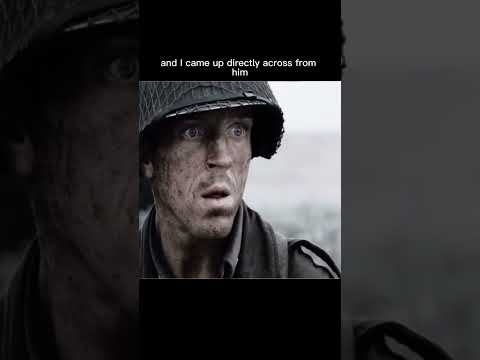
Dick Winters: A Heroic Leader in World War II History
The Man Behind the Legend
Dick Winters, a name that resonates with bravery, leadership, and tactical genius, was known for his incredible command during World War II. Leading Easy Company, Winters orchestrated some of the most daring operations in the war, a feat that inspired countless films and series. Did you know that his life and leadership style have drawn parallels to famous figures in history, much like how Louis Pasteur revolutionized science? Both men understood the importance of strategy—one on the battlefield and the other in the laboratory. As Winters led his men through the treacherous terrains of Europe, his unwavering spirit mirrored the resilience seen in innovative fields today, even influencing narratives outside military history like those you might discover when checking out David Corenswet’s movies and TV shows.
An Unlikely Hero
Winters was an everyday young man before his path took a heroic turn. He was born in 1918 and grew up in a typical American family. Who would’ve thought his upbringing would lead him to become a household name? His exemplary leadership in the midst of chaos has sparked an interest that goes beyond military history, making discussions at networking events all the more engaging. Imagine chatting about a common hero over coffee—it’s a conversation starter, much like the Starbucks dress code that keeps the atmosphere professional yet inviting. Winters’ commitment to his men also exemplifies the moral integrity required from leaders in any field.
Legacy of Bravery
The impact of Dick Winters’ service extends well beyond the war. His story has captivated audiences and continues to influence filmmakers and authors in shaping narratives around loyalty and bravery. This legacy reminds us that the lessons learned during such trials are universally applicable. Interestingly, it’s like a custom Wordle puzzle—each hint or clue leads to a deeper understanding of leadership traits essential not just on the battlefield but also in daily life. As we reflect on Winters’ contributions, it’s clear that his story intertwines with countless others in history, inspiring new generations to explore the significance of bravery. So the next time you look at mortgage rate chart history or other seemingly mundane topics, think about how each detail has a rich backstory waiting to be discovered—just like that of Dick Winters, the heroic leader who continually inspires us to rise above challenges.

Why did Sobel punish Winters?
Sobel punished Winters because he failed to follow conflicting latrine inspection orders that Sobel had given. This move ended up angering the men, as they respected Winters more than Sobel’s authority.
Why did Richard Winters not get the medal of honor?
Richard Winters didn’t receive the Medal of Honor because a quota system limited the number awarded per division, and since one had already been given to Lieutenant Colonel Robert G.
Did Nixon and Winters stay friends?
Yes, Nixon and Winters stayed friends throughout their lives, with Winters even serving as the best man at Nixon’s wedding to Grace.
Did major Winters suffer from PTSD?
Winters did appear to suffer from what we now recognize as post-traumatic stress, causing him to become rather reclusive after the war and leading to his decision to resign from his commission.
Did Sobel really cut the fence?
There’s a common belief that Sobel cut the fence at Camp Toccoa, though this was more about his tough leadership style than an act of overt sabotage.
Did Winters make Sobel salute him?
No, Winters did not make Sobel salute him; rather, it was a point of tension during their interactions, reflecting the respect the men had for Winters compared to Sobel.
Why didn t Doris Miller get the Medal of Honor?
Doris Miller didn’t receive the Medal of Honor because the military historically has been slow to recognize black soldiers’ contributions, though his bravery during the Pearl Harbor attack is well-acknowledged.
Has anyone been stripped of the Medal of Honor?
Yes, there have been instances where individuals were stripped of the Medal of Honor, typically due to misconduct after the award was given or revelations about their actions during the war that didn’t align with the medal’s standards.
Was Richard Winters a hero?
Richard Winters is often regarded as a hero, particularly for his leadership in difficult battles and his ability to inspire his men during WWII.
Who was the best soldier in Easy Company?
While opinions vary, many consider Richard Winters to be one of the best soldiers in Easy Company, recognized for his strategic mind and leadership skills.
What religion was Major Winters?
Major Winters was raised in a Christian household, though the specific denomination isn’t widely discussed in historical accounts.
What happened to major winters after the war?
After the war, Major Winters went on to have a successful career in business, distancing himself from military life and ultimately becoming an author and public speaker.
Did Winters really disobey orders?
There are accounts of Winters disobeying orders when he deemed it necessary for the safety of his men, showcasing his leadership instincts in critical situations.
How old were major winters in WWII?
At the time of World War II, Major Winters was in his late 20s, as he was born in 1918 and served in the war from 1942 to 1945.
What rank was Winters in Band of Brothers?
During his service in Band of Brothers, Richard Winters held the rank of Major, leading Easy Company through several key operations.



